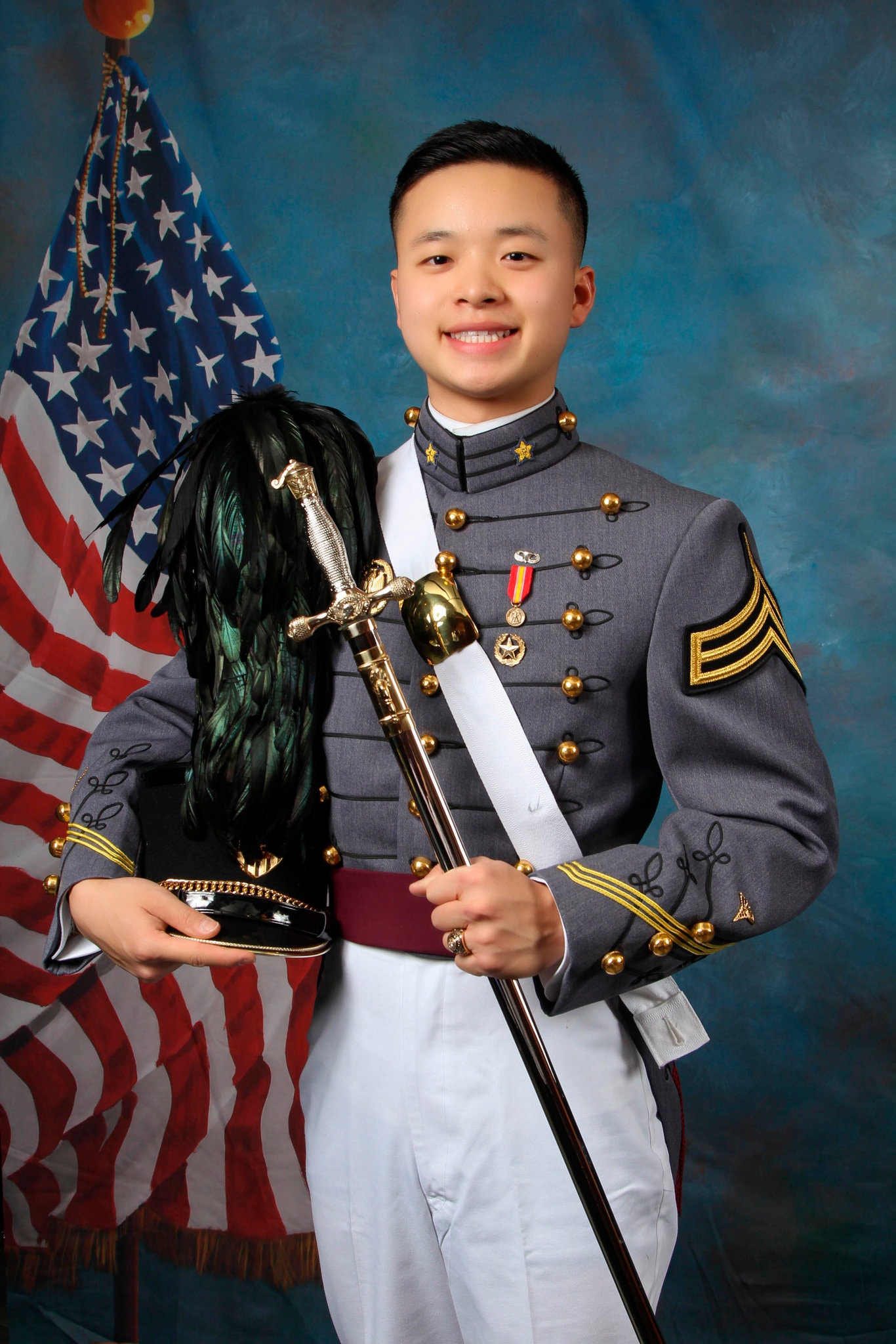×
The Standard e-Paper
Stay Informed, Even Offline

A New York judge has ruled that the parents of a 21-year-old cadet from the U.S. Military Academy can use their dead son’s frozen sperm to produce a child.
West Point cadet Peter Zhu, who was unmarried, died after a skiing accident on February 23.